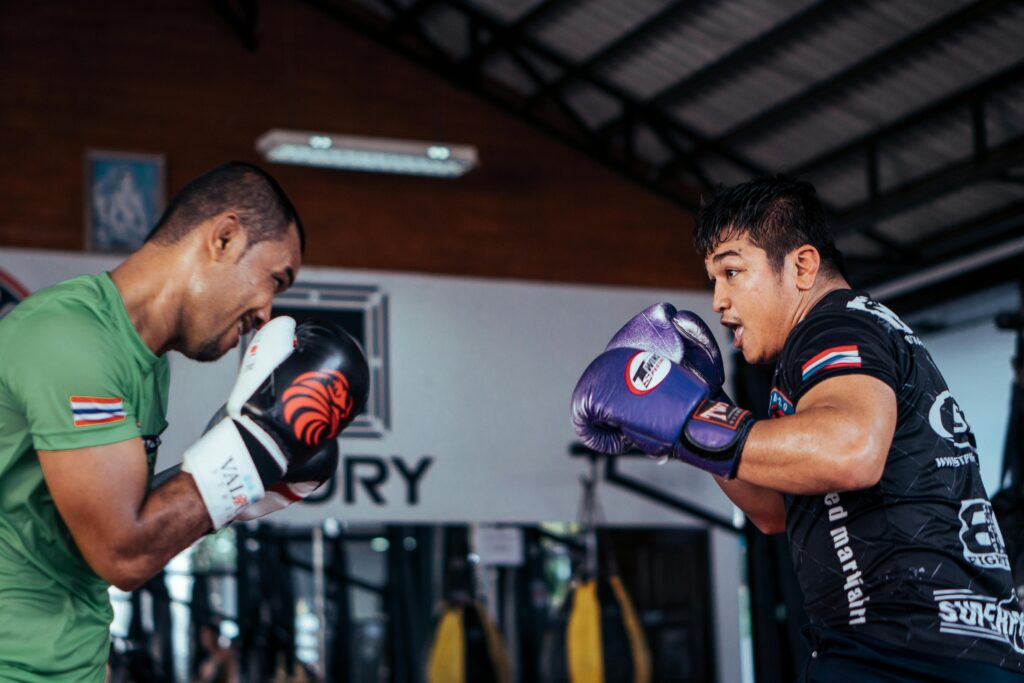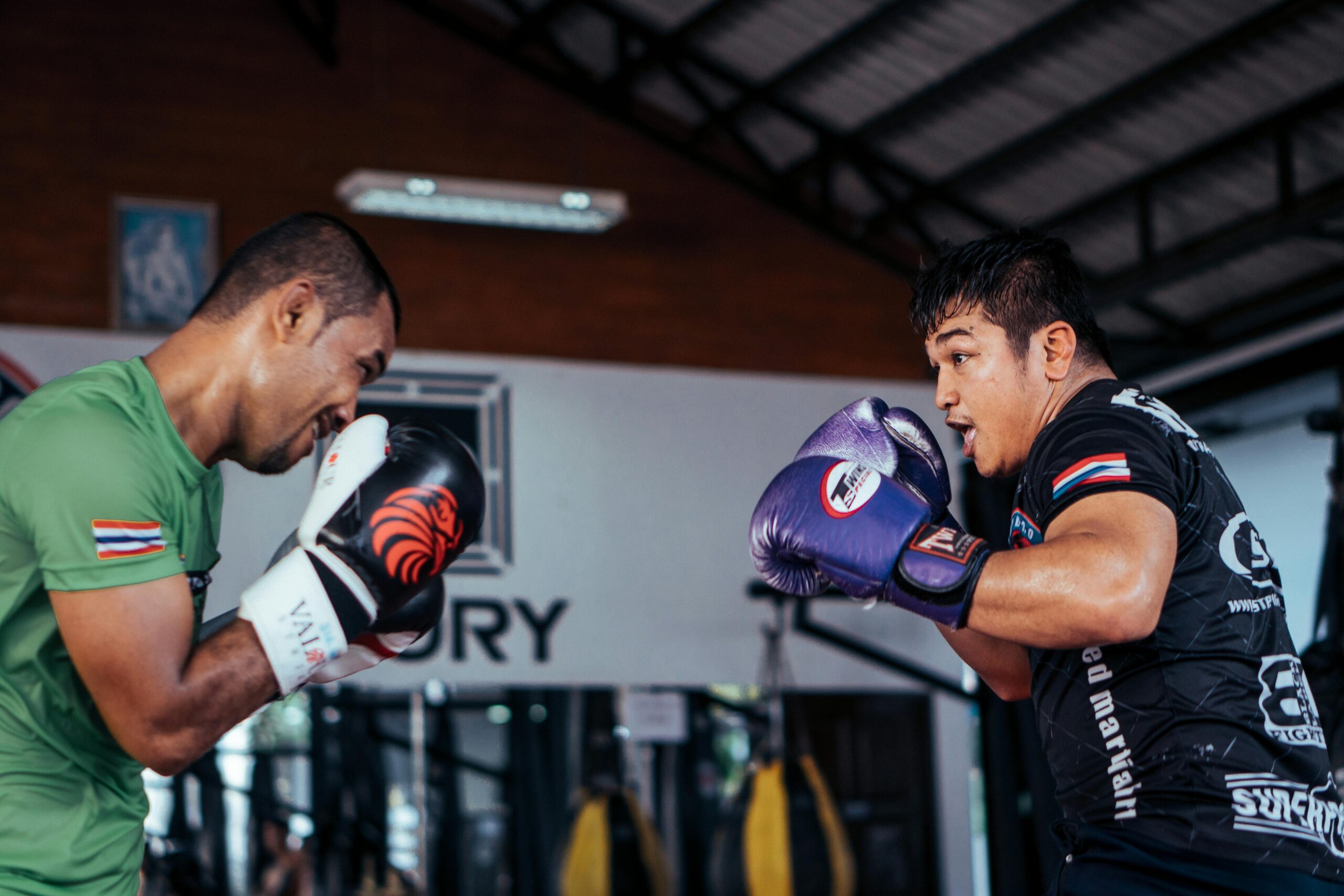
Are you searching for a way to improve your physical fitness, mental well-being, and overall lifestyle? Martial arts may be the perfect solution. While traditionally seen as a form of self-defense, martial arts encompass a variety of practices that offer wide-ranging benefits for both body and mind. From building strength and flexibility to fostering mental clarity and self-discipline, martial arts have a transformative impact that extends beyond physical training.
In this article, we’ll explore five powerful ways martial arts can enhance your health and lifestyle. Whether you’re looking to build strength, reduce stress, or increase your confidence, martial arts can help you achieve a more balanced, fulfilling life. Ready to begin your journey toward better health? Let’s dive in!
1. Introduction to Martial Arts
What Are Martial Arts? Martial arts refer to a collection of combat practices and techniques, developed for self-defense, physical fitness, and mental discipline. They include various styles and traditions, each with unique methods and philosophies. Some of the most popular martial arts forms include:
- Karate: Focuses on striking techniques with hands and feet.
- Taekwondo: Known for its high kicks and rapid movements.
- Judo: A grappling martial art that emphasizes throws and joint locks.
- Brazilian Jiu-Jitsu: Specialized in ground fighting and submission techniques.
- Boxing: A combat sport that relies on striking with fists.
Beyond the physical aspects, martial arts combine mindfulness, discipline, and personal growth, making them an ideal choice for those seeking both physical and mental development.
2. Benefit 1: Improved Physical Fitness
Martial arts offer a comprehensive workout that engages the entire body. Here’s how regular practice can improve your fitness:
Cardiovascular Health Martial arts involve high-intensity drills that challenge your cardiovascular system, improving heart health and stamina. The constant movement in sparring, footwork, and sequences elevates heart rate, enhancing overall endurance.
Strength and Muscle Tone The variety of techniques—such as punches, kicks, grapples, and holds—work every muscle group, building strength and improving muscle tone. Regular practice promotes a lean, defined physique, combining aerobic and anaerobic exercises.
Flexibility and Agility The dynamic movements in martial arts, such as high kicks, rotations, and fast footwork, increase flexibility and enhance agility. This leads to better body coordination, faster reflexes, and improved balance, which are essential in martial arts and everyday activities.
3. Benefit 2: Enhanced Mental Health
Martial arts are not just about physical training; they also offer powerful mental health benefits. Practicing martial arts can have a positive effect on your mental clarity and emotional well-being.
Stress Relief The physical exertion and focus required in martial arts help release tension and reduce stress. Many martial arts incorporate breathing exercises and meditation techniques that promote relaxation and mental calmness, providing a healthy outlet for managing stress.
Improved Focus and Concentration Martial arts require discipline and concentration to master complex movements and strategies. This focus carries over into daily life, helping you improve your attention span, problem-solving abilities, and mindfulness in various situations.
Confidence and Self-Esteem As you progress through martial arts training, achieving new skills and advancing in rank, your self-confidence naturally increases. Overcoming challenges and reaching personal milestones fosters a greater sense of accomplishment and self-worth.
4. Benefit 3: Better Self-Discipline and Self-Control
One of the core principles of martial arts is discipline—both in the physical realm and in controlling your emotions and impulses.
Structured Training Regimens Martial arts training follows a structured routine with consistent practice and incremental progress. The commitment to regular classes and improvement cultivates discipline that translates into other areas of life, such as work and personal relationships.
Mind-Body Connection Martial arts teach you how to control both your body and mind. By learning to perform complex techniques with precision and balance, practitioners develop greater self-awareness and self-control. This increased focus on the mind-body connection helps in managing emotions and reactions in stressful situations.
Setting and Achieving Goals Martial arts training involves setting and reaching goals, whether it’s mastering a new technique, advancing in belt rank, or competing in a tournament. The process of setting achievable objectives and working consistently to meet them teaches valuable skills that extend beyond martial arts.
5. Benefit 4: Self-Defense Skills
Self-defense is a foundational aspect of martial arts. Beyond fitness and mental discipline, knowing how to protect yourself is a crucial life skill.
Practical Self-Defense Techniques Martial arts teach effective self-defense techniques that can be used in real-life situations. These techniques vary by discipline but generally include methods for blocking, striking, evading, and subduing an opponent.
Awareness and Caution Martial arts training sharpens your awareness of your surroundings. You’ll learn to recognize potential threats and understand how to avoid dangerous situations, promoting caution and proactive decision-making.
Empowerment Knowing how to defend yourself fosters a sense of empowerment. This confidence carries over into other areas of life, reducing anxiety in unfamiliar or potentially threatening environments and giving you a sense of control over your safety.
6. Benefit 5: Social Interaction and Community
Martial arts are often practiced in a group setting, providing opportunities for social interaction and forming a strong sense of community.
Sense of Belonging Joining a martial arts class connects you with like-minded individuals who share your passion for physical fitness and personal growth. This sense of belonging fosters a supportive environment where everyone works together to improve.
Building Friendships The camaraderie that develops through shared goals, challenges, and achievements creates strong bonds between students. Training together and helping each other progress leads to lasting friendships.
Learning from Others Martial arts encourage continuous learning. Practitioners benefit from the knowledge and experience of both instructors and peers, enhancing their skills while gaining new perspectives.
7. How to Get Started with Martial Arts
Whether you’re a beginner or have experience in other sports, martial arts offer something for everyone. Here’s how to start your martial arts journey:
Choosing the Right Discipline Explore different martial arts styles to find the one that aligns with your goals and interests. Some people prefer striking-based martial arts like karate or boxing, while others are drawn to grappling disciplines like Brazilian jiu-jitsu or judo.
Finding a Qualified Instructor Look for an accredited martial arts school with experienced instructors who can guide you through proper techniques and ensure your safety during training. A good instructor will provide both encouragement and constructive feedback.
Commitment to Practice Consistency is key. Set a regular practice schedule and stick to it. Martial arts require dedication, but the rewards of improved health, mental clarity, and personal growth are well worth the effort.
Conclusion
Martial arts are far more than a workout; they’re a path to better health, improved self-confidence, and a more balanced lifestyle. By incorporating martial arts into your routine, you’ll not only boost your physical fitness but also reduce stress, sharpen your focus, and build lasting friendships. Whether you’re seeking a new hobby or looking to take your fitness to the next level, martial arts offer a wealth of benefits that can improve every aspect of your life.
So why wait? Start your martial arts journey today and experience the transformative power it can have on your body, mind, and spirit.


